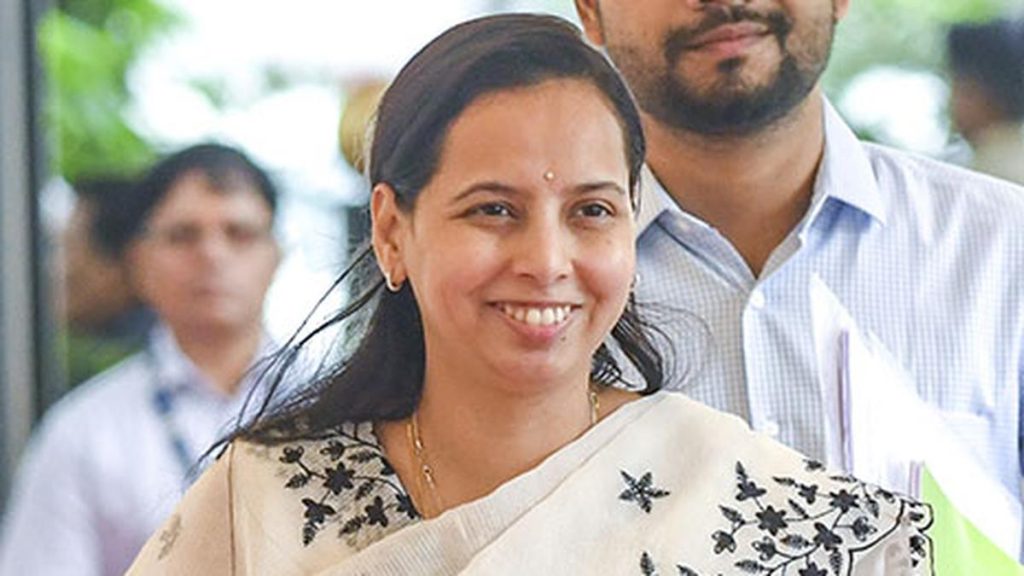Now Reading: RSS Aims to Shape ‘Correct Hindu Atmosphere’ in Kerala: Subhashini Ali
-
01
RSS Aims to Shape ‘Correct Hindu Atmosphere’ in Kerala: Subhashini Ali
RSS Aims to Shape ‘Correct Hindu Atmosphere’ in Kerala: Subhashini Ali
Quick Summary
- CPI(M) leader Subhashini Ali delivered a lecture in Kozhikode on July 27 in memory of writer-film-maker ‘Chintha’ Raveendran, focusing on the topic ‘Manuvadi Hindutva – rewriting culture, history and right to equality.’
- Ali claimed that the Rashtriya Swayamsevak Sangh (RSS) is working to create a “Hindu atmosphere” in Kerala, targeting its syncretic cultural identity and progressive traditions.
- She described KeralaS unique socio-cultural landscape as being rooted in religious pluralism, social reform movements against caste oppression and feudal dominance, rational thinking, and cultural vibrancy.
- Ms. Ali highlighted the RSS’s historical interest in Kerala as a focus area for Hindutva politics due to its strong presence of Muslims, Christians, and Communists-groups identified by M.S.Golwalkar as “internal enemies.”
- Ali alleged that RSS-affiliated organizations like Desiya Seva Bharathi and Vivekananda Vedic Vision Kendra are employing strategies such as temple-based activities to influence societal preferences toward hindutva politics.
- Specific examples cited include activities surrounding Kodangallur’s Sree kurumba Bhagavathi Temple and opposition mobilization against women’s entry into Sabarimala temple following the Supreme Court verdict.
- Marathi writer Sharankumar Limbale received the ‘Chintha’ Raveendran Award for 2025 during this event.
Read more here.
Indian Opinion Analysis
The remarks by CPI(M) leader Subhashini Ali reflect broader concerns about ideological shifts within Kerala’s sociocultural fabric. Historically celebrated for its pluralistic ethos encompassing diverse religious communities alongside progressive reform movements, any attempt at deep-rooted cultural change could have important implications-not just politically but also for communal harmony.
Ali’s statements suggest an intensified strategy by Hindutva groups leveraging grassroots organizations rather than direct electoral ventures. This model aligns with patterns seen elsewhere in India where socio-religious dynamics are employed to bolster political footprints. the references to temple events-like Kodangallur-and agitation around Sabarimala entry highlight how public spaces traditionally shared across faiths can become contested battlegrounds.
The analysis underscores possible polarization risks if existing syncretic traditions face sustained pressures from external influences seeking homogeneity under singular narratives. As Kerala remains symbolic of resistance rooted firmly against colonialism, class exploitation, and communal divisions historically-it remains uncertain how such ideological pursuits might interact with deeply entrenched values of rationality alongside diverse existence across differing backgrounds-a matter likely provoking debates shaping similar reflection reverberating nationwide longterm impacts..























